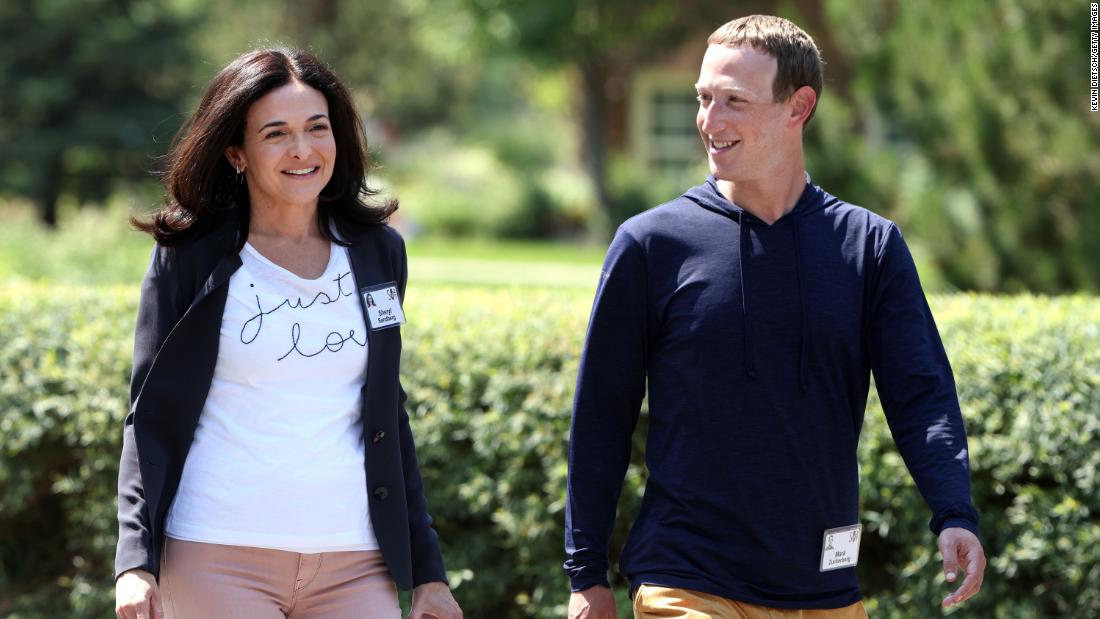With scrutiny of Big Tech intensifying every single week, an ambitious new book is measuring Facebook’s missteps and miseries. As the title indicates, it’s not pretty:
The authors conclude that “even if the company undergoes a radical transformation in the coming years, that change is unlikely to come from within.” Why? Because “the algorithm that serves as Facebook’s beating heart is too powerful and too lucrative. And the platform is built upon a fundamental, possibly irreconcilable dichotomy: its purported mission to advance society by connecting people while also profiting off them. It is Facebook’s dilemma and its ugly truth.”
Key quotes from the book
— From the prologue: “Zuckerberg’s three greatest fears, according to a former senior Facebook executive, were that the site would be hacked, that his employees would be physically hurt, and that regulators would one day break up his social network.”
— Facebook security experts were alarmed about FB posts from “domestic extremists” in the run-up to January 6. Some FB execs “floated getting Zuckerberg to call Trump to find out what the president would say” at his rally. “They ultimately decided against the move, out of concern that the conversation would likely leak to the press. It could make Facebook complicit in whatever Trump did that day.”
“The ultimate takedown”
Facebook’s response
When I told a company spokesperson that I was writing about the book’s findings, I received this sharp-elbowed statement in response: “There have been 367 books published on Facebook, each claiming novel insight into how we operate. It seems this one is not only a rehash of history but relies on anecdotes supplied by mostly unnamed critics.”
I can only think of a handful of books about Facebook, but that number, 367, is quite close to the number of sources Kang and Frenkel say they had…
About their access
In the preamble, the authors say they conducted more than 1,000 hours of interviews with execs, current and former employees, family members, friends, classmates, investors, advisers, and others. “While Zuckerberg and Sandberg initially told their communications staff that they wanted to make sure their perspectives were conveyed in this book, they refused repeated requests for interviews,” the authors write. “On three occasions, Sandberg invited us to off-the-record conversations in Menlo Park and New York, with the promise that those conversations would lead to longer interviews for the record. When she learned about the critical nature of some of our reporting, she cut off direct communication. Apparently the unvarnished account of the Facebook story did not align with her vision of the company and her role as its second-in-command. Zuckerberg, we were told, had no interest in participating.”






